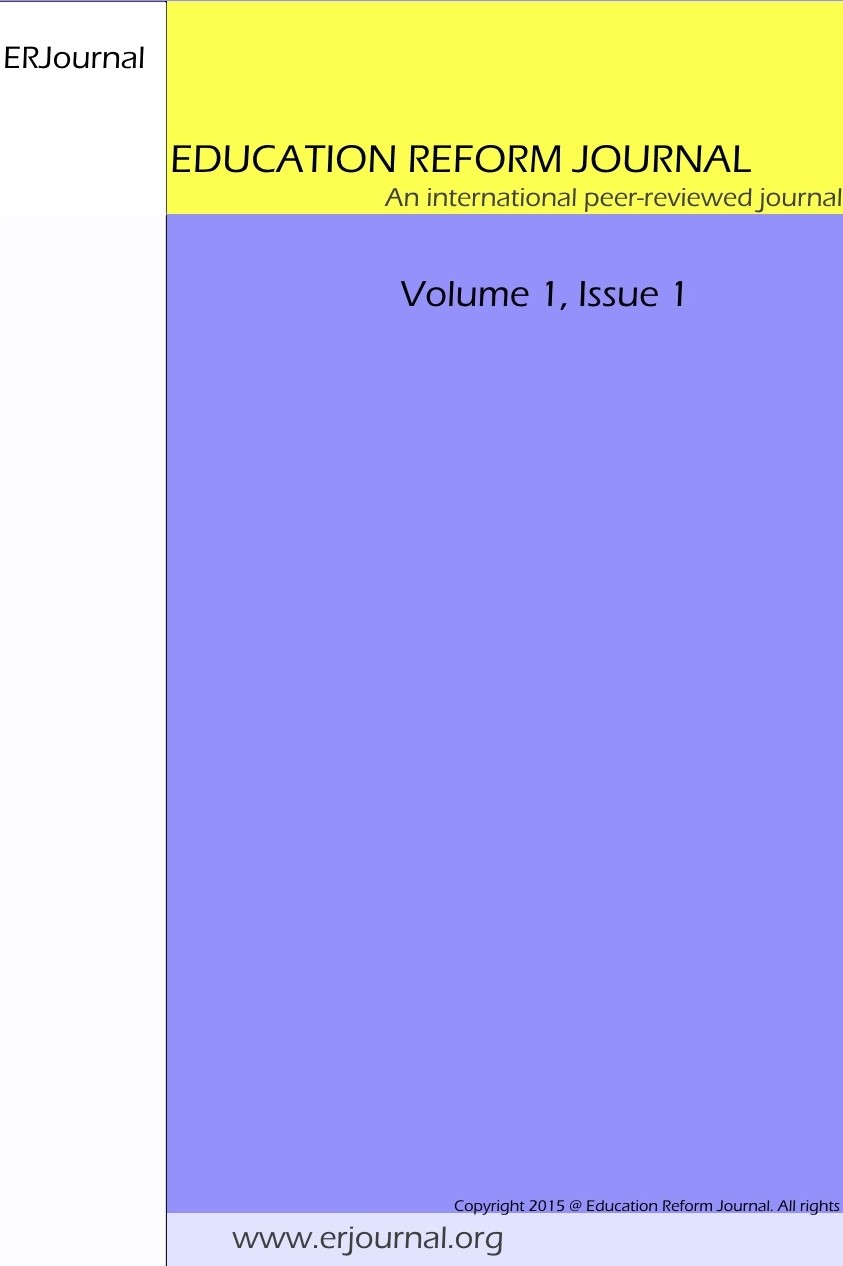Contributions of local governments to education in Turkey and necessary precautions to be taken
Contributions of local governments to education in Turkey and necessary precautions to be taken
With the effect of globalization, which started to rapidly engulf the world in the last quarter of the last century development and change in technological, sociological and economic fields and continuing with an increasing momentum; countries, organizations, institutions and organizations and their governing bodies are faced with situations that have never been encountered before. New social needs revealed by the increasing population with development and change; This complicates the work of administrators who want to centrally control all social systems in countries. Therefore; central governments had to transfer all or some of their duties and responsibilities to local governments. In developed and developing countries, decentralization policies have also been increasingly implemented in the field of education. These applications are; school management, financial support, programs, policies for students, and transferring authority and responsibilities to staff. In Turkey, local governments (municipalities and special provincial administrations) carry out the maintenance and repair of school buildings, facility construction, building and land allocation to schools within their areas of responsibility, in proportion to their budgets. In the research; By examining the education expenditures, policies and implementation results of the local governments of developed countries, suggestions were made regarding the improvement of the system in Turkey. The purpose of this research; As a result of the legal arrangements made, the contribution of local governments to the financing of education is compared with OECD countries and to develop proposals.
Keywords:
Education Financing, Local Administrations, Private Provincial Administrations Law Number 6360,
___
- Referans1 Ada, S. & Baysal, D. (2009), Eğitim Yapıları ve Yönetimleri Açışından Çeşitli Ülkelere Bir Bakış, Pegem Akademi.
- Referans2 Altıntaş, O. (2006). İl Özel İdaresi Harcamalarının Mevcut ve Potansiyel Olarak Fonksiyonel Analizi. DPT Planlama Uzmanlık Tezi, Ankara.
- Referans3 Arslan, Y. (2013). Yerel Yönetimler ve Eğitim Hizmetleri İlişkisi. Yüksek Lisans Tezi, İstanbul Aydın Üniversitesi Sosyal Bilimler Enstitüsü, İstanbul.
- Referans4 Atauz, A. (2011). Eğitim – Nüfus ve Kalkınma İlişkileri. Kentsel ve Bölgesel Araştırmalar Ağı Yayını.
- Referans5 Benos, N. (2010). Education policy, growth and welfare. Education Economics 18(1), 39.
- Referans6 Benson, C. (1987). Educational Financing. G. Psacharopoulos (Ed.), Economics of Education Research and Studies, (pp. 423-426).
- Referans7 Bilgiç, V. K. & Gül, S. K: (2010). Türkiye’de Yerelleşme Politikaları. [Konferans sunum özeti]. VII. Kamu Yönetimi Forumu: Küreselleşme Karşısında Kamu Yönetimi.
- Referans8 Birvural, A. (2013). Kent Yönetiminde Eğitim Hizmetlerinin Finansmanında Alternatif Bir Model Önerisi. Yüksek Lisans Tezi, Marmara Üniversitesi Sosyal Bilimler Enstitüsü, İstanbul.
- Referans9 Bognetti, G. & Obermann, G. (2012). Local Public Services in European Countries: Main Results of a Research Project by Ciriec International. Annals of Public and Cooperative Economics 83, 485-503.
- Referans10 Dünya Bankası (2006). Education and Decentralization. http://www1.worldbank.org/publicsector/decentralization/service.htm
- Referans11 Eğitim Reformu Girişimi (2013). Eğitim İzleme Raporu, https://www.egitimreformugirisimi.org/egitim-izleme-raporu-2020-egitim-ortamlari/
- Referans12 Eğitim Reformu Girişimi (2013). Eğitim İzleme Raporu, https://www.egitimreformugirisimi.org/wp-content/uploads/2017/03/ERG_E%c4%b0R_2013.pdf
- Referans13 Gershberg, A. L. (2005). Towards an Education Decentralization Strategy for Turkey: Guideposts From International Experience. Washington: World Bank Group. http://documents.worldbank.org/curated/en/567031468309566726/Towards-an-education-decentralization-strategy-for-Turkey-guideposts-from-international-experience
- Referans14 Hanson, M. (2006). Principles of effective decentralization. World Bank, Washington DC.
- Referans15 McMahon, W. W. (2004). The Social and External Benefits of Education. Edward Elgar Publishing Limited. Massachusetts.
- Referans16 Milli Eğitim Bakanlığı (2021). Örgün Eğitim İstatistikleri. https://sgb.meb.gov.tr/meb_iys_dosyalar/2021_09/10141326_meb_istatistikleri_orgun_egitim_2020_2021.pdf
- Referans17 Organisation for Economic Co-operation and Development. (2011). Education At A Glance. https://www.oecd.org/education/skills-beyond-school/48631582.pdf.
- Referans18 Organisation for Economic Co-operation and Development Stats. https://stats.oecd.org.
- Referans19 Park, J-H. (2013). Local government reform: Is it effective on debt burdens?. Public Finance and Management 13(3), 195-214.
- Referans20 TBMM (2005). 5302 Sayılı İl Özel İdaresi Kanunu.
- Referans21 TBMM (2013). 6360 Sayılı On Dört İlde Büyükşehir Belediyesi ve Yirmi Yedi İlçe Kurulması İle Bazı Kanun ve Kanun Hükmünde Kararnamelerde Değişiklik Yapılmasına Dair Kanun.
- Referans22 Yardımcıoğlu, F. (2012). Eğitim Harcamaları, Ekonomik Büyüme ve Gelir Dağılımı İlişkisi. Doktora Tezi, Sakarya Üniversitesi Sosyal Bilimler Enstitüsü, Sakarya.
- ISSN: 2602-3997
- Yayın Aralığı: Yılda 2 Sayı
- Başlangıç: 2015
- Yayıncı: Mustafa ÖZMUSUL
